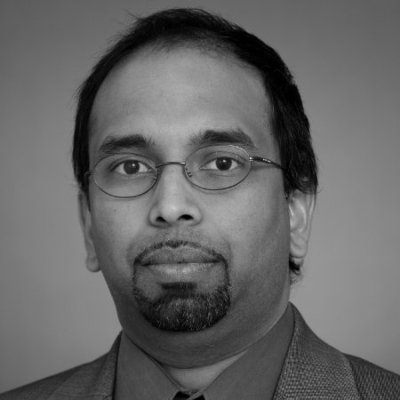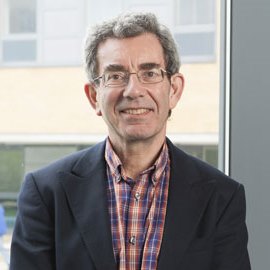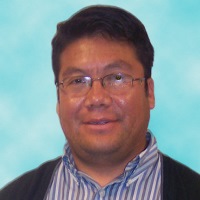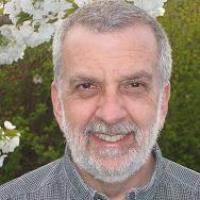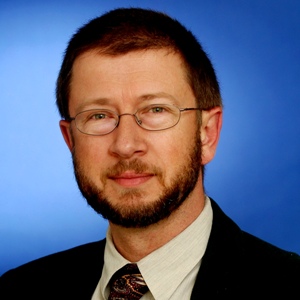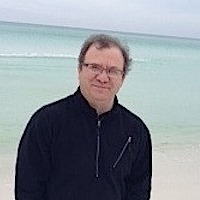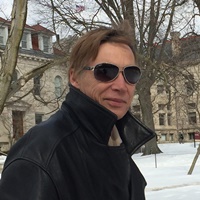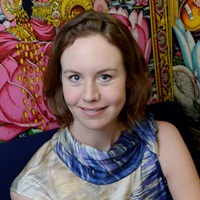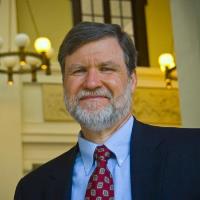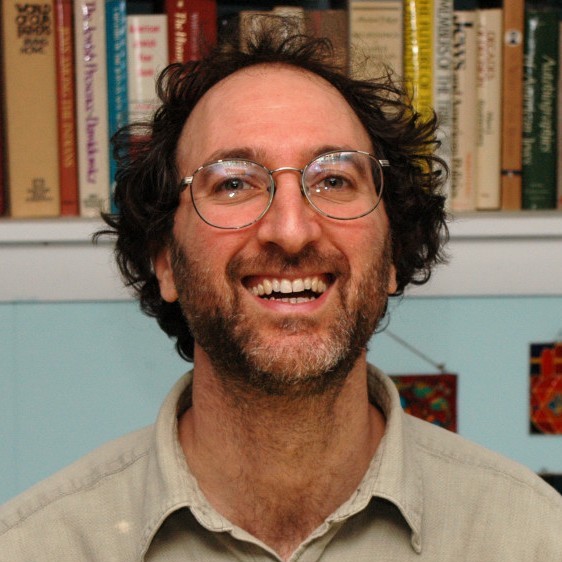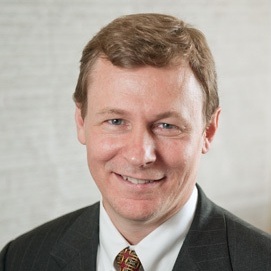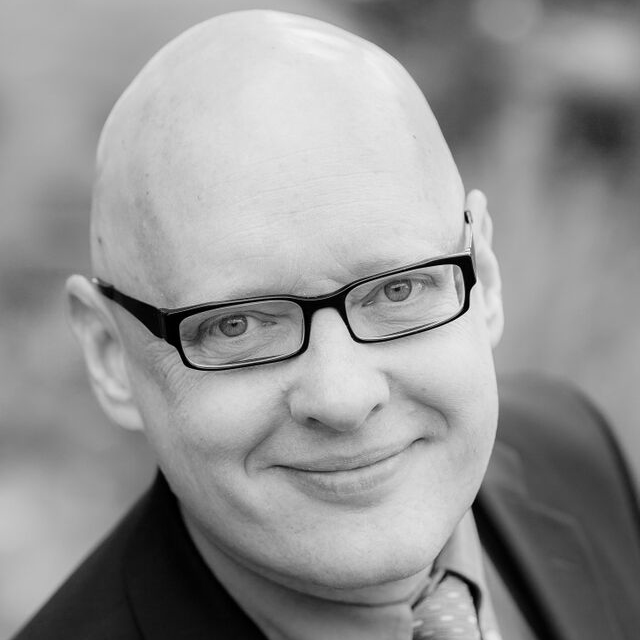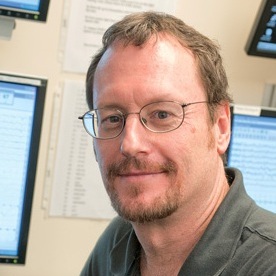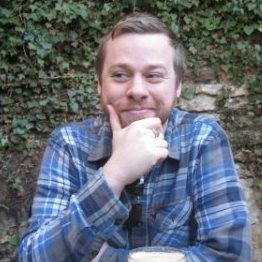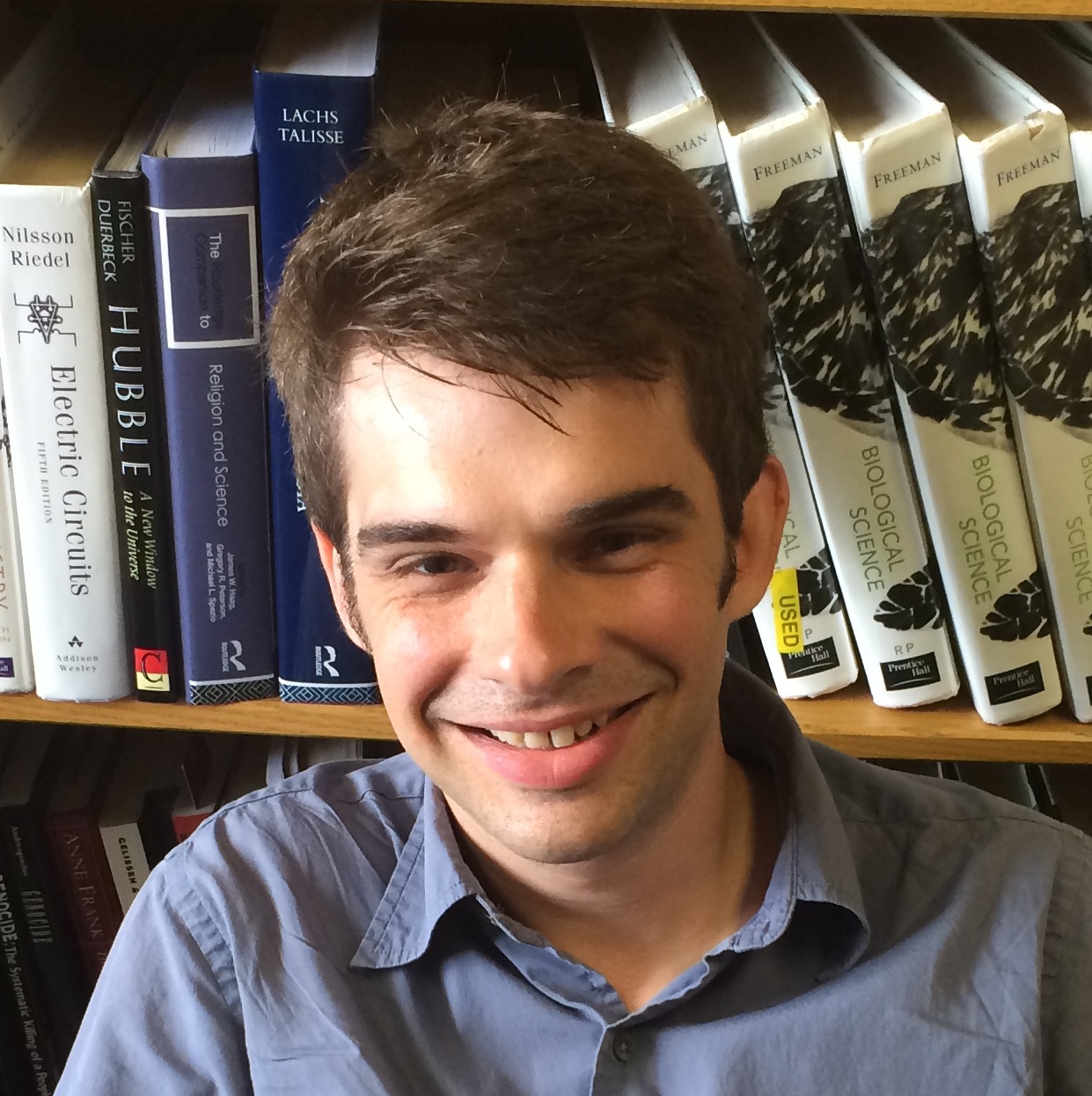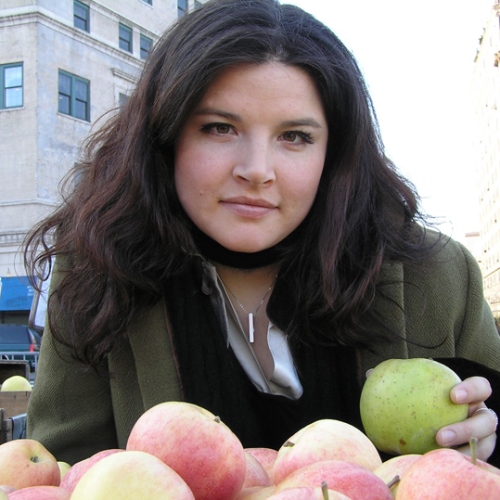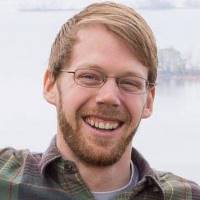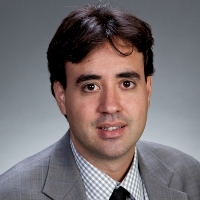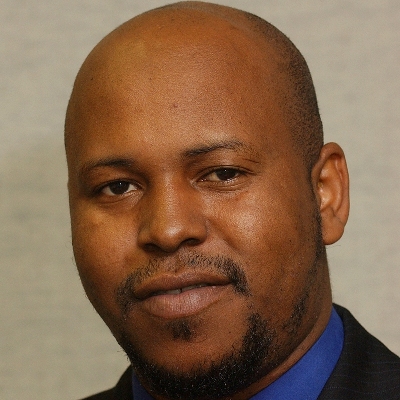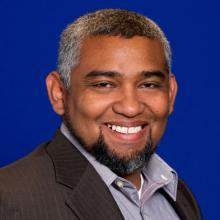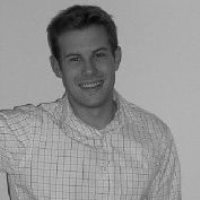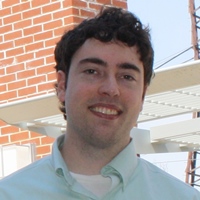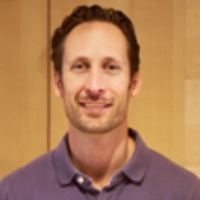Modeling Religion Project: Update
Since it began on July 1, 2015, the Modeling Religion Project has bween working furiously. Here are some highlights.
Quarterly Updates
Quarter 1 (Jul 1-Sep 30, 2016)
The Modeling Religion Project has begun at a fast pace. Biweekly meetings of the research team have systematically clarified the challenges before us and enabled us to prepare for our first consultation conference in mid-October. We updated our existing research on the software and hardware needed to run complex computer simulations. We dubbed the computer we plan to purchase "The Beast"; it needs to be custom built so we are using existing machines for now until The Beast arrives. We designed the first consultation conference, which involves conversations between ten consultants and the research team, and sent preparatory materials to the consultants. We built the core framework for a simulation development platform that requires no user knowledge of programming and began testing it against standard simulations and datasets. We negotiated access to three separate high-performance computing clusters and have begun testing them for suitability. We completed drafts of two systems dynamic models, advanced a third, and began several others. Finally, our post-doctoral fellow, Justin E. Lane, began work, speeding up everything we are doing.
Quarter 2 (Oct 1-Dec 31, 2015)
In October 2015 we held the first consultation conference at the Virginia Modeling, Analysis, and Simulation Center in Suffolk, VA. This was an intensive process of exchange with ten consultants from both the Modeling & Simulation world and the Scientific Study of Religion world. We came away from the conference full of concrete strategies for developing computer simulations of religious cognitive-social processes, and for building a simulation platform that people in the scientific study of religion can employ even if they don't know any programming. Our computer, dubbed "The Beast", arrived, and it is *really* fast. We need that speed; The Beast reduces the time required to perform a parameter sweep of a simulation from weeks on an ordinary desktop to a few hours. Our post-doc Justin Lane is making good use of The Beast. We are looking forward to our second postdoc, Connor Wood, beginning work in January, 2016. Representatives of our research team made several presentations at the Society for the Scientific Study of Religion and the American Academy of Religion. We submitted two papers, worked on a dozen simulations, and advanced the framework for the new simulation platform.
Quarter 3 (Jan 1-Mar 31, 2016)
Our second post-doc, Connor Wood, began work in January. Connor is heading up the public relations deliverables of the project, which include a film documentary, a variety of outreach publications, and a website to support modeling & simulation applied to religious phenomena. Connor is also building models related to shamanism, costly signaling, and religious ideology. Meanwhile, our team finalized the sequence of models we need to produce increasingly complex virtual minds for religious agents in agent-based simulations. Each of the agent architectures we build will be included in the simulation platform, each suitable for a particular range of applications. But we are also striving to integrate the various agent architectures to create more complex virtual minds. We are currently working on stage three of an eleven-stage process. We also now have working models of religion's role in three major periods of civilizational transformation: the Neolithic agricultural transition (in press), the Axial Age, and Modernity. Also, we have a rough cut of the first volume of a two-or-three-volume documentary, a couple of short films, a regular Huffington Post blog by Connor, and the beginnings of a user interface for the simulation platform.
News Items
Ruben's Departure
Ruben Mancha, one of our team members, was forced to withdraw due to tenure pressures. We miss him and wish him all the best as the deadline draws near!
MODRN: A New Grant!
Our aim to leverage the MRP grant to win other grants has met with spectacular success already. Members of our team, led by LeRon Shults, with Co-PI support from Wesley Wildman and Ross Gore, have won an almost $2 million grant from the Norwegian Research Council to apply modeling & simulation to the problems of religion, secularization, immigration, and social change in Norway and perhaps other Scandinavian countries. We do not expect this to be our team's only new grant of this kind. People seem to appreciate the promise of modeling & simulation for understanding religion, cognition, and culture, and we are finding ready audiences for our research in many places.
Events
2015
Oct 14: Team member LeRon Shults addressed two audiences at Boston University.
Oct 15-20: Consultation conference at Virginia Modeling, Analysis, and Simulation Center.
Oct 22-25: Team members LeRon Shults and Wesley Wildman presented on the Modeling Religion Project at the annual meeting of the
Society for the Scientific Study of Religion.
Nov 19-24: Team members LeRon Shults, Wesley Wildman, and Connor Wood presented in several different sessions related to the
Modeling Religion Project at the annual meeting of the American Academy of Religion.
2016
Mar 8-12: Research team conference at VMASC in Virginia.
Mar 13-17: Research team working conference at IBCSR in Boston.
Mar 24-29: Research team working conference at IBCSR in New York City.
Mar 16: Panel presentation of MRP to students and faculty at Boston University (Wesley Wildman, LeRon Shults, Justin Lane, Connor
Wood, Jenn Lindsay).
Mar 31: Justin Lane (with Diallo and Gore) presents at the Pew event on religion and demography.
Apr 3-6: Justin Lane presents at SpringSim 2016.
April: Relationship with Deily.org begins (blogging and promotion).
April/May: Nautilus article on MRP.
Aug 19-22: Ross Gore, Justin Lane, Wesley Wildman, and Connor Wood present on a M&S panel at the Vancouver meeting of the
International Association for the Cognitive Science of Religion.
Oct 8-10: Research team working conference at the University of Agder, Norway.
Nov 9-13: Research team working conference at VMASC in Virginia.
Nov 14-17: Research team working conference at IBCSR in Boston.
Nov 18-22: M&S Panel for AAR-CSR Group.
Publications
[coming soon]
Outreach Activities
Connor Wood's Huffington Post blog appears every two weeks or so. For example, see here and here, for example.
